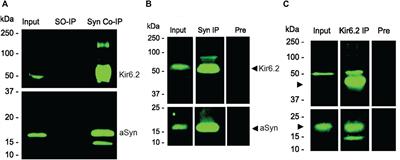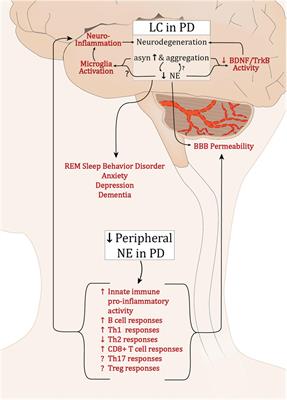EDITORIAL
Published on 20 Feb 2020
Editorial: The Protein Alpha-Synuclein: Its Normal Role (in Neurons) and Its Role in Disease
- 4,609 views
- 9 citations
18k
Total downloads
106k
Total views and downloads
Select the journal/section where you want your idea to be submitted:
EDITORIAL
Published on 20 Feb 2020
BRIEF RESEARCH REPORT
Published on 09 Jan 2019

MINI REVIEW
Published on 21 Dec 2018

REVIEW
Published on 06 Nov 2018

ORIGINAL RESEARCH
Published on 02 Oct 2018

REVIEW
Published on 25 Sep 2018

REVIEW
Published on 11 Sep 2018

PERSPECTIVE
Published on 04 Sep 2018

REVIEW
Published on 07 Jun 2018

ORIGINAL RESEARCH
Published on 22 Mar 2018

REVIEW
Published on 14 Mar 2018

ORIGINAL RESEARCH
Published on 13 Feb 2018


Frontiers in Cellular Neuroscience
Frontiers in Molecular Biosciences
Protein Folding, Misfolding and DegradationOffline
Frontiers in Molecular Neuroscience
Frontiers in Neurology
NeurodegenerationOffline
Autonomic NeuroscienceOffline
Frontiers in Physiology
Frontiers in Psychiatry
NeurodegenerationOffline